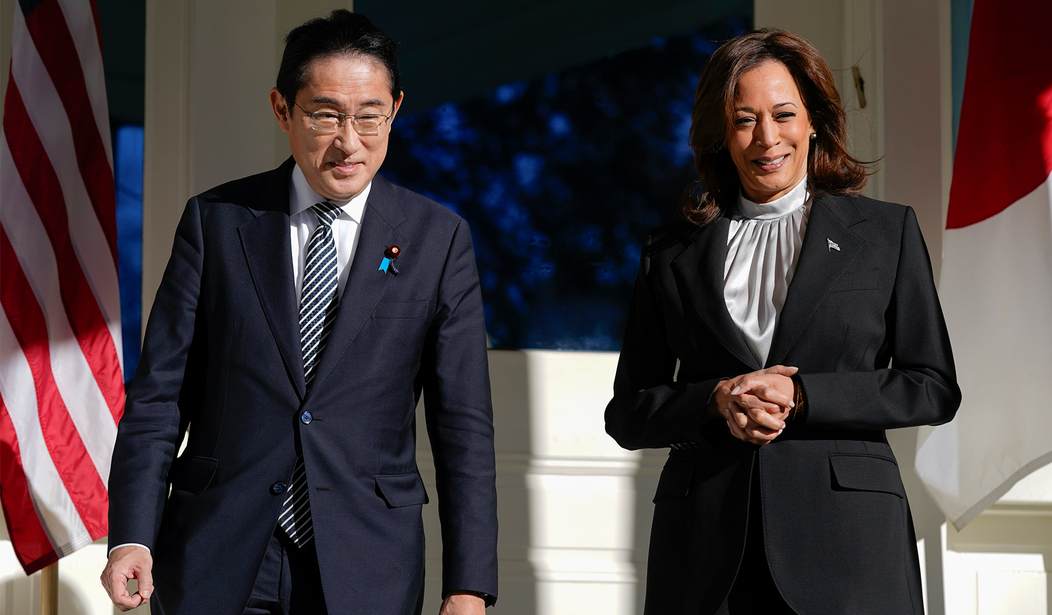It’s time to check back in on the economic warfare being waged against Russia because of the invasion of Ukraine. One of the early goals in this effort was to cripple Russia’s economy by cutting off the country’s access to global fossil fuel markets. The problem is that many countries failed to go along with the plan and Russia has found new markets where it sells its crude oil and natural gas. Now they have another customer in the form of Japan, which “negotiated” to step out of a European price cap of $60 per barrel for Russian oil. Japan will pay a higher price to obtain the oil they need. And it turns out that the White House approved the deal. (Wall Street Journal, subscription required)
The U.S. has rallied its European allies behind a $60-a-barrel cap on purchases of Russian crude oil, but one of Washington’s closest allies in Asia is now buying oil at prices above the cap.
Japan got the U.S. to agree to the exception, saying it needed it to ensure access to Russian energy. The concession shows Japan’s reliance on Russia for fossil fuels, which analysts said contributed to a hesitancy in Tokyo to back Ukraine more fully in its war with Russia.
While many European countries have reduced their dependence on Russian energy supplies, Japan has stepped up its purchases of Russian natural gas over the past year.
Japan is considered to be one of the closest allies of the United States, but they have been one of the more reluctant allies in the stand against Russia. While Japan has condemned the invasion of Ukraine, they still do not send lethal aid to the Ukrainians, sticking to food and humanitarian aid. It probably shouldn’t come as a terrible shock that they would be among the first to crack in the wall of economic warfare.
Russia is still shipping plenty of natural gas as well. They supply ten percent of the natural gas used in Japan. And unlike in the United States and western Europe, the Japanese don’t appear to be ready to ban gas stoves any time soon.
This shouldn’t be viewed as a situation where Japan is getting ready to sign up for the new Axis of Evil. They’re simply dealing with reality. The Japanese islands have no reserves of oil or other fossil fuels. They rely entirely on imports and Russia is a major supplier. The amount of oil they are purchasing right now is minuscule compared to Russia’s total exports, but the Japanese need to keep those supply lines open.
We should also keep in mind Japan’s complicated relationship with Russia. The United States is arguing with Putin from the other side of the world, but Japan’s northern islands are barely 200 miles off of the coast of Russian territory. And there are still some islands in that chain that were seized by Soviet troops in the 1940s. Japan has continued negotiations over the control of those islands for decades, and pushing the Russians too hard likely will not help with that process.
China remains the largest buyer of Russian oil and natural gas, but India has greatly expanded its own imports. They are now the second largest importer of Russian oil. The success of the sanctions and economic warfare intended to force Russia out of Ukraine depended on massive global participation. While many NATO countries are participating and some effects have been seen, it hasn’t been nearly enough to significantly move Moscow off its game plan. This led one analyst to conclude last month on CNBC that the strategy of sanctions has “failed completely.” I don’t know if I would go that far in describing it, but we clearly haven’t brought about the collapse of the Russian economy that was originally predicted. And these policies have brought economic pain to America and the west as well.








Join the conversation as a VIP Member